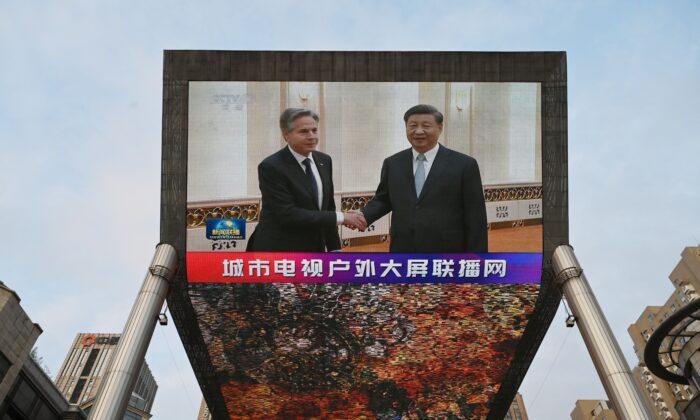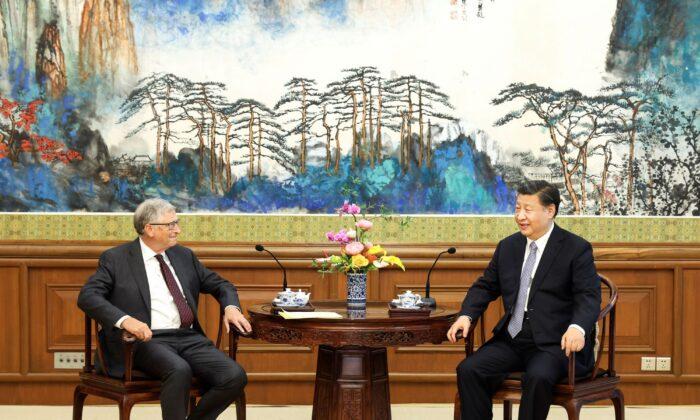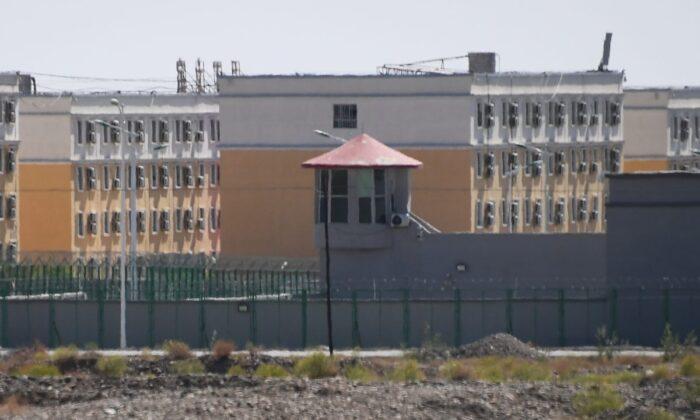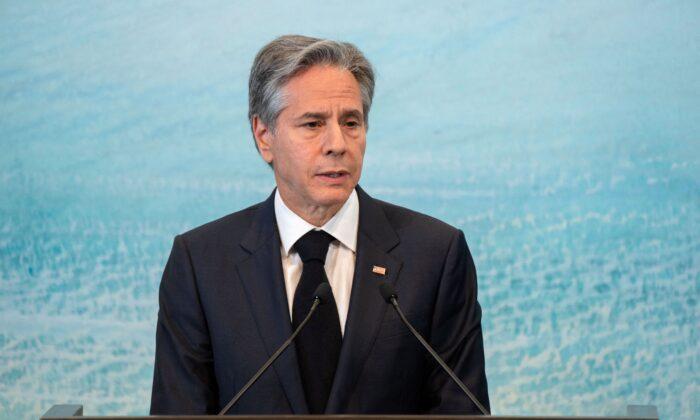The United States should return to nuclear deterrence because of growing threats from rivals that include Russia, China, and North Korea, according to Rick Fisher, senior fellow at the International Assessment and Strategy Center.
“It must match China’s growing nuclear arsenal; it must have enough to deter China and Russia and North Korea.”
Fisher noted that Russia has more theater nuclear weapons than the United States.
“These bombs would have to be carried by aircraft that could be shot down by Russia’s very effective surface-to-air anti-aircraft missile systems,” he said.
“Most of our military leaders want this cruise missile because they know regional nuclear deterrence is just as important as strategic global nuclear deterrence,” he said.
Emboldening Russia
According to the expert, the U.S. nuclear inferiority would embolden Russia’s further move in Ukraine.“Putin thinks that his tactical nuclear weapons were largely responsible for deterring President Biden from sending American and NATO troops into Ukraine,” Fisher said.
“He now thinks that his nuclear superiority will deter Biden and NATO from agreeing to a nuclear response to his small use of nuclear weapons.”
In Fisher’s opinion, if the United States would respond in kind by using tactical nuclear weapons on Russians, it then would give the Russians an excuse to escalate, perhaps attack Poland, the Baltics, any European country, or even the United States with larger nuclear weapons.
Thus, Fisher believes it’s doubtful that the United States would respond in kind by using tactical nuclear weapons on Russia because it simply doesn’t have the systems to do that.
Shooting Down North Korean Missiles
As part of the nuclear deterrence approach, Fisher said that the United States “needs to up our game in missile defense and actually start shooting down some of these North Korean missiles.”“We should just shut this down and put the North Koreans on notice that we have this capability, and we will use it: ‘You are not allowed to fire your missiles over Japan,’” he stressed.
North Korea’s response, he said, will provide a further excuse to clamp down on that rogue regime. Washington also needs to convince the public in South Korea that the United States needs to redeploy tactical nuclear weapons to their soil.
“And if we do that, it is very likely that Japan and Australia will follow suit,” he said.
Fisher said the United States needs to return to the “Peace Through Strength” policy, which had been the consistent policy during the Cold War.
“We really have no choice. The other choice is to witness our children being drafted and sent off to war.”





